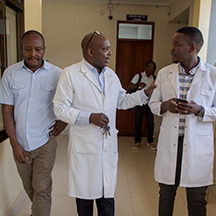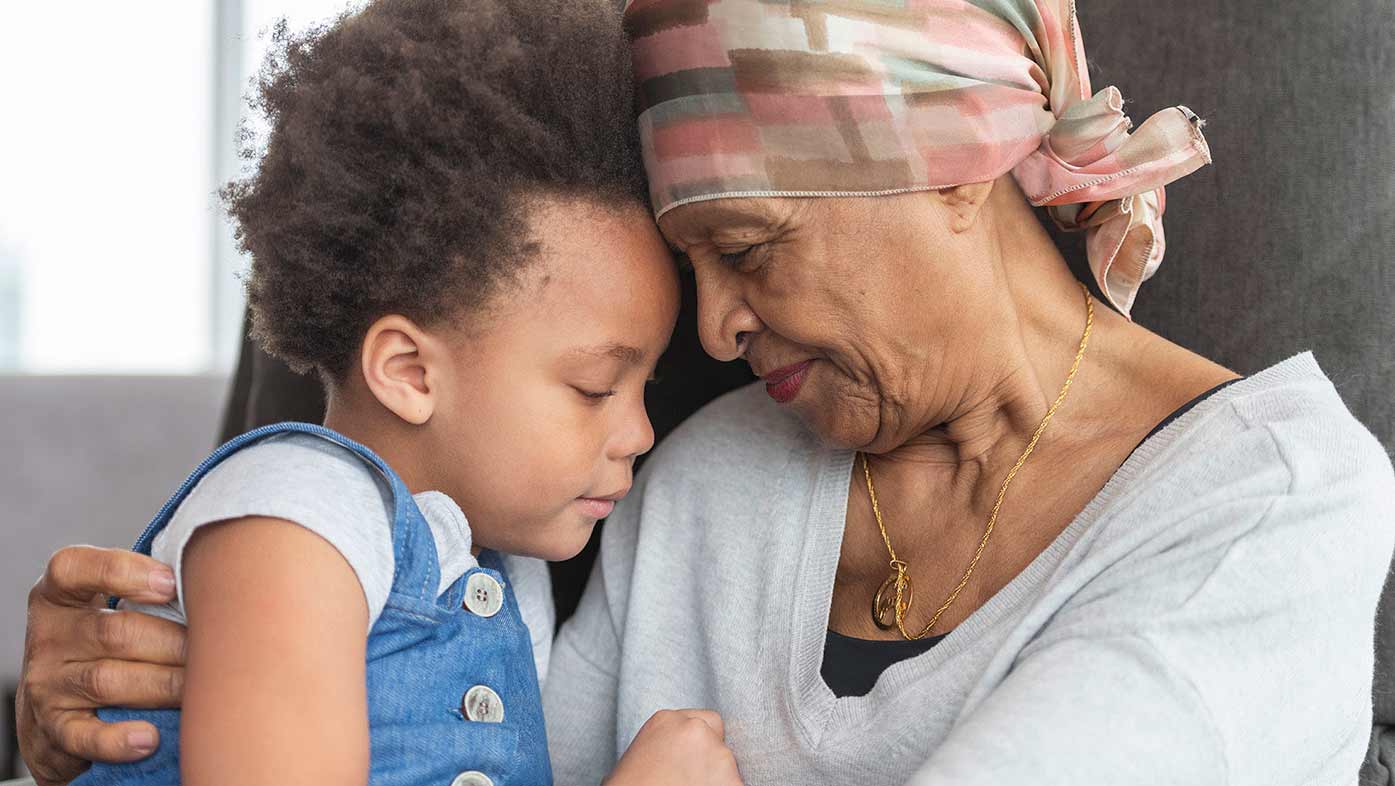Globally, communities are struggling to support growing healthcare needs. This is especially true in regions with limited financial resources, collectively known as low- and middle-income countries (LMICs). Although LMIC populations have grown nearly four times faster than those of other nations, many LMICs are not able to facilitate consistent access to high-quality care and treatments.
This contributes to pervasive health inequities. In fact, the World Health Organization estimates more than three-quarters of global deaths due to non-communicable diseases - like cancer or heart disease - occur in LMICs. And the life expectancy of a person living in a low-income country is 18 years shorter than that of someone living in a high-income country.
The imbalance in healthcare access is just one of the systemic barriers faced by the world’s most vulnerable populations, where worse health outcomes and lack of economic opportunities keep individuals and entire communities from achieving their full potential.
At BMS, our vision to transform patients’ lives through science extends to all patients. That is why we have a long-standing commitment to promote health equity and help people in underserved communities access the care and medicines they need.
We built on this commitment with a 10-year strategy to help patients in LMICs live healthier lives, called ASPIRE, which stands for Accessibility, Sustainability, Patient-centric, Impact, Responsibility and Equity. ASPIRE will help us achieve our goal to reach more than 208,000 patients in LMICs per year by 2033. The effort reflects our unwavering focus on operating responsibly and sustainably.
Some of the actions we’re taking as part of our ASPIRE strategy include:
- Creating new access pathways for our medicines by launching Emerging Market Brands (EMBs), which use a tiered pricing approach that reflects each country’s ability to pay. In 2023, we filed 11 EMBs – five of which have received regulatory approvals, including our treatment to help combat beta thalassemia in Thailand, where the disorder is most prevalent.
- Collaborating with the Access to Oncology Medicines (ATOM) Coalition to increase access to cancer medicines in LMICs. Through this collaboration, BMS and the ATOM Coalition, which is led by the Union for International Cancer Control, will enable access to our leading immuno-oncology treatment in Pakistan, Rwanda and Zambia, with plans to expand to more countries. Through its collaboration with the ATOM Coalition, BMS is leading the way for access to immuno-oncology therapies in LMICs via a safe, scalable and sustainable access model.
- Enabling access with BMS-IMAP (Innovative Medicine Access Program) that includes importation pathways - Direct Import (DI) and Direct-to-Institution (DTI), to allow healthcare providers and institutions in LMICs to request our medicine for their patients. BMS-IMAP pathways are scalable, sustainable, and designed to provide safe, broad, timelier access to BMS’ innovative medicines. For those healthcare institutions requesting medicines with DTI access, BMS has also established a product medical training and patient safety education capability. BMS has already made progress with recent institutional agreements in East Africa and will scale to more than 15 LMICs by 2026.
- Partnering with healthcare providers and healthcare facilities in underserved countries to tackle systemic barriers and improve the quality of care. For example, we co-founded Access Accelerated, the largest global collective industry effort to address inequities in chronic non-communicable disease (NCD) care in LMICs. Since 2020, the Access Accelerated investment and partnership with the World Bank Healthy Lives Fund has allowed dozens of LMICs to leverage more than $3.7 billion in new investments to improve access to NCD care.
Enabling timely access to innovative medicines in LMICs is part of BMS’ commitment to health equity globally and our Environmental, Social and Governance (ESG) strategy. To learn more, read our press release.



